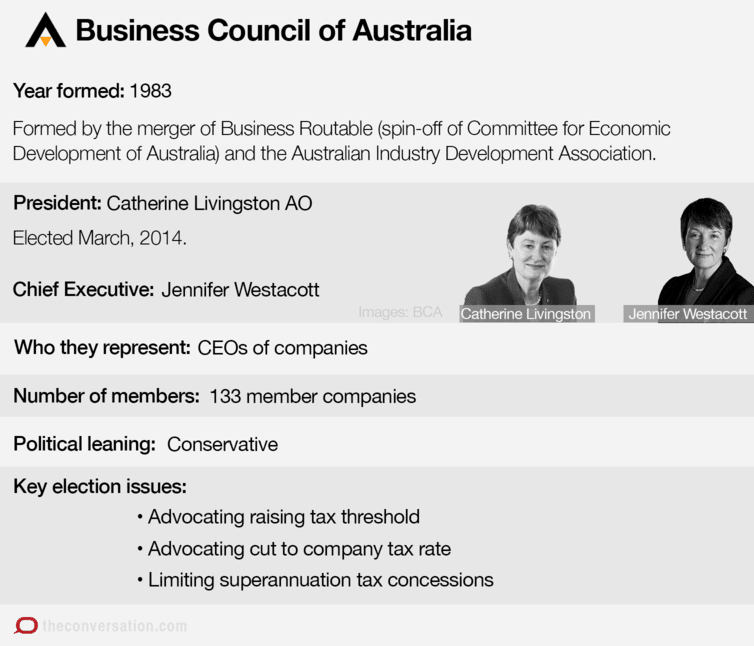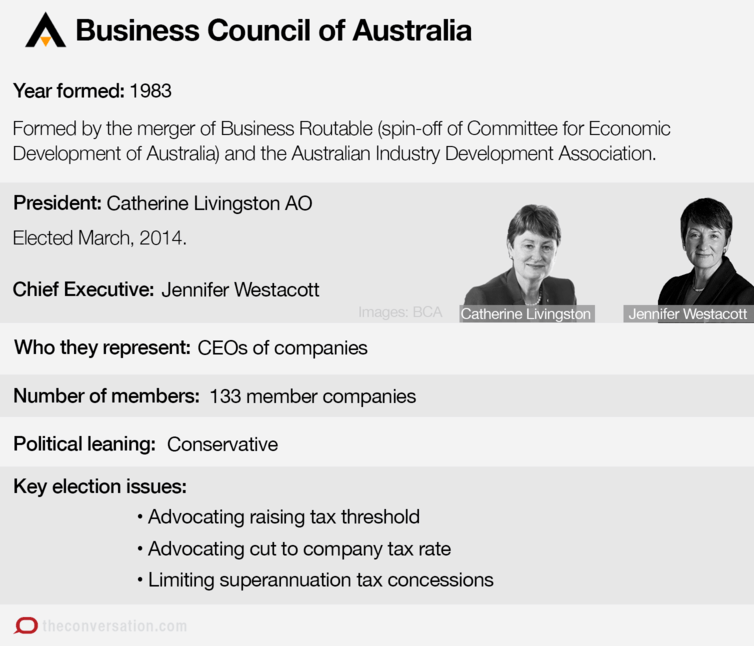Positioning for Life after the UK Referendum Continues
A spate of opinion polls showing a tilt toward Brexit, and the leading UK newspaper urging the Leave vote on the front page, keep the global capital markets on edge. Equities are lower, though of note ahead of the MSCI decision first thing Wednesday in Asia, Chinese shares eked out a small gain.
Core bond yields are 4-5 bp lower, which pushes the 10-year German bund yield into negative territory for the first time.






